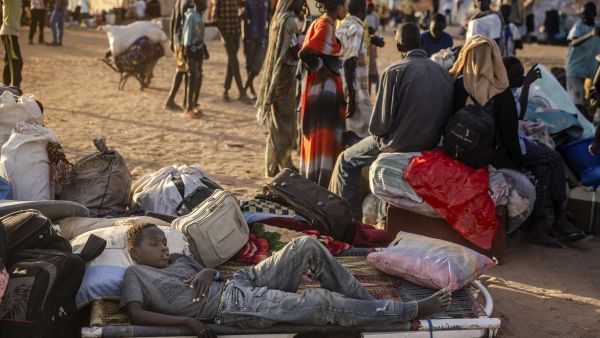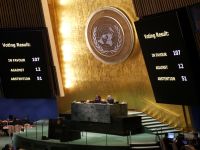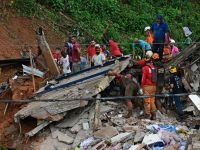ALBAWABA - According to the chairman of the Norwegian Refugee Council (NRC), approximately 700,000 people have been forced to flee "ethnic cleansing" in Sudan's Darfur area since the civil war broke out on April 15, 2023, making the current refugee crisis far worse than the one that drew world attention 20 years ago.
Jan Egeland, the NRC secretary-general, stated that the battle, which began in April when the Sudanese army and the paramilitary Rapid Support Forces clashed, had been largely overlooked by the world, which was preoccupied with the wars in Ukraine and Gaza.
"This is mind-boggling if you believe in human civilization and progress," Egeland told the Financial Times. He contrasted the meager funds raised this time with the massive reaction in 2003 and 2004 when large-scale violence in Darfur last flared.
Then, Egeland claimed, leaders like US President George W Bush and UK Prime Minister Tony Blair pushed the neglected area to the front of the world agenda. The UN Office for the Coordination of Humanitarian Affairs (OCHA) estimates that just 3.5 percent of the $2.7 billion sought to address the Sudan situation has been raised.
Egeland just returned from touring camps in neighboring Chad where displaced persons had assembled. He said that it was "gut-wrenching to hear about the most horrific atrocities, much of it sexual violence against women . . . and the killing of young men en masse".
He referred to it as "textbook ethnic cleansing" by Arab militias allied to the RSF. Darfur became a significant international flashpoint after an Arab militia known as the Janjaweed, forerunners of the RSF, slaughtered an estimated 200,000 people between 2003 and 2005.
In December, US Secretary of State Antony Blinken accused members of the RSF, commanded by General Mohamed Hamdan Dagalo, also known as Hemeti, of committing crimes against humanity. Both the RSF and the Sudanese Armed Forces, led by General Abdel Fattah al-Burhan, committed war crimes, he claimed.
Egeland's testimony is consistent with that of Martin Griffiths, the chairman of OCHA, who recently told the Financial Times that "Sudan is probably the place of the greatest suffering" in the world as a result of what he called a "hidden war".
According to projections, the conflict has left about 25 million people, or more than half of Sudan's population, in need of relief, with approximately 7 million displaced. The UN assistance head stated that he had met with the commanders of both the RSF and the army, but there was "no tangible" diplomatic progress.
Diplomats and observers say the Sudan conflict is dangerously fragmenting, with various armed groups growing in power, people picking up guns, and indicators that both the army and the RSF are losing control of their soldiers.







